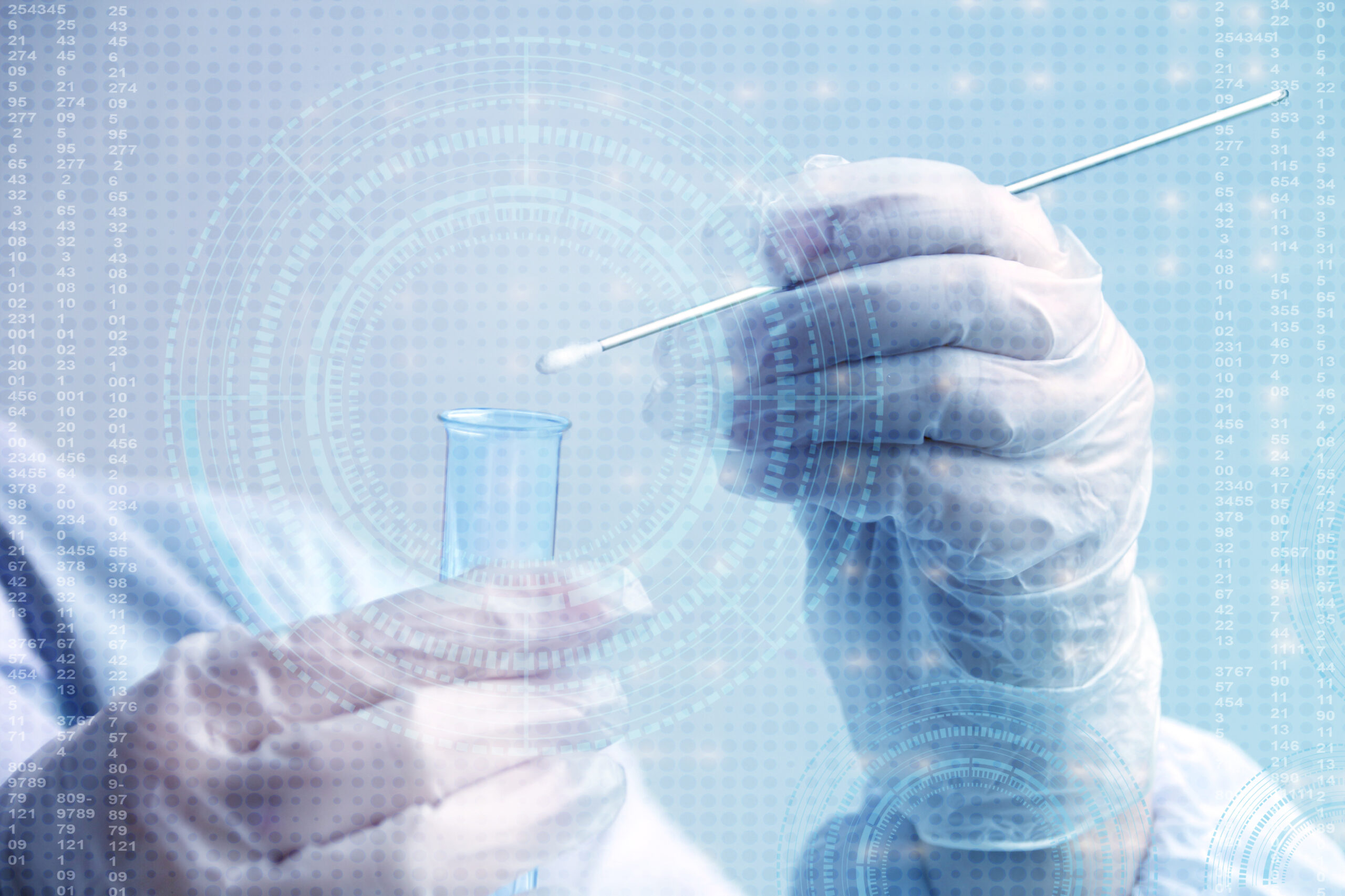What Really Happens When Estrogen Drops: The Complete Guide
When estrogen levels drop, it sets off a chain reaction in the body that affects many systems beyond just reproduction. Estrogen is a key hormone that influences everything from skin health and bone strength to mood and cognitive function. Here’s what really happens when estrogen dips.
**Changes in Reproductive Health**
Estrogen helps regulate the menstrual cycle and keeps vaginal tissues healthy and lubricated. When estrogen falls, periods can become irregular or stop altogether. Vaginal dryness becomes common, which can make sex uncomfortable or even painful. This dryness also increases the risk of irritation and urinary tract infections because the protective lining thins out.
Low estrogen often leads to a noticeable decrease in libido as well, making sexual desire wane for many women.
**Physical Symptoms You Can Feel**
One of the most well-known signs of dropping estrogen is hot flashes—sudden waves of heat that spread through the body—and night sweats that disrupt sleep. These vasomotor symptoms affect up to 80% of women going through menopause or hormonal shifts.
Weight gain can occur even if eating habits don’t change much because metabolism slows down without enough estrogen’s influence on fat distribution and energy use.
Bones also suffer; lower estrogen means bones lose density faster, becoming brittle and more prone to fractures over time.
**Skin Changes That Show Up**
Estrogen plays a big role in keeping skin plump, hydrated, and firm by supporting collagen production—the protein that gives skin structure. When levels drop sharply (like after menopause), collagen production declines by about 30% within five years.
This results in thinner skin that’s drier, less elastic, more prone to bruising, sagging around cheeks and jawline, fine lines becoming deeper wrinkles, dullness replacing natural radiance—and sometimes uneven pigmentation appears too.
In contrast to youthful skin with plenty of estrogen—which looks firm with good elasticity—low-estrogen skin tends toward sagging hollows especially around temples and cheeks due to loss of volume support under the surface.
**Mood Swings & Brain Fog**
Estrogen isn’t just about physical changes; it deeply affects brain chemistry too. It helps regulate mood by influencing neurotransmitters like serotonin which control happiness levels. When it drops:
– Mood swings become common
– Feelings of anxiety or depression may increase
– Concentration suffers leading to “brain fog”
Sleep disturbances caused by night sweats or hormonal imbalance worsen these cognitive issues further since poor rest impacts memory retention and mental clarity during daytime hours.
**Sleep Problems Compound Everything Else**
Even without night sweats waking you up multiple times per night, low estrogen disrupts normal sleep cycles causing insomnia or fragmented sleep patterns for many women during perimenopause or menopause stages. Chronic lack of quality sleep then feeds back into worsening mood problems along with fatigue during daily activities.
So when you hear about “estrogen dropping,” it’s not just one symptom but an entire cascade affecting reproductive health comfortably functioning organs like bones & brain as well as visible signs on your face — all tied together by this vital hormone’s decline over time.





